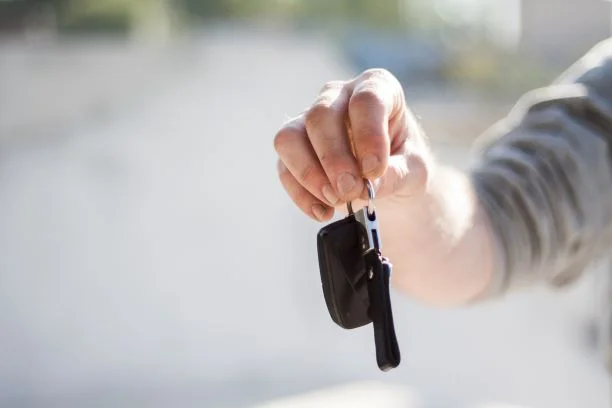Protection Products: Five to Get, Five to Forget
Some products are valuable If they are purchased at the right price. so why do “Extended warranties” and similar products have a bad rap? and how can you figure out what's right for you? Read on.
The problem: these products are usually way too expensive when they’re bought at the dealership where they can be marked up by 400% or more. And too often they are sold in a rush to buyers who don’t understand what they’re paying for. Worst of all, some “products” don’t make sense any way you look at it.
So here’s the real deal: five products to consider, and five others that rarely pay off. Keep in mind that all of these products are always optional. You don't need to buy any products in order to get a loan from your lender, the dealer, or anywhere else.
FIVE to Get
Vehicle Service Contract (VSC). VSCs, sometimes mistakenly referred to as extended warranties, are like health insurance for your vehicle. You pay a small amount each month, and the VSC company will cover all or most of the cost of necessary repairs, and deal with the mechanic for you. For an affordable monthly payment, you can ensure repair bills won’t upend your commute, or your life.
Guaranteed Asset Protection (GAP) Waiver. GAP protects you from a big financial hit when you can least afford it. Your car starts losing value as soon as you drive it off the lot. If it’s stolen or totaled, you’ll still owe the full loan amount, but chances are your insurance company will only pay you the current value of the car. You’re on the hook for the “gap” in between. GAP policies cover that difference, which can add up to thousands of dollars.
Maintenance Contracts Not so fun fact: over 80% of motorists miss scheduled brake fluid changes, and almost all of us miss many other important regular maintenance procedures. These contracts help you stay up to date with routine maintenance like oil and other fluid changes, which enhance performance and safety.
Tire and Wheel. Drive in places with potholes or debris? Tire and Wheel protection can smooth the way. This product pays replacement or repair costs for tires and wheels due to damage from road hazards. It includes the cost of tires, mounting, balancing and valve stems, but doesn’t cover normal wear and tear.
Dent and Ding Dents and dings are all-to-easy to get – thanks to runaway shopping carts and careless car door flingers – but they can reduce the value of your vehicle significantly. A good Dent and Ding policy will put your car back in good shape without costing a fortune.
Five to Forget
Steer clear of these products, which dealers will often try to sell you after you're worn down in the back office. Just say no thanks, and ‘Go Outside’.
Fabric Protection. Buy a can of stain repellent. It’s the same thing, only a whole lot cheaper.
Rustproofing or Undercoating. Rust issues are virtually non-existent in today’s cars, thanks to advancements in factory-installed corrosion protection.
Paint Sealant. Save hundreds of dollars – and get a free workout – by rolling up your sleeves and protecting your car with a good wax.
Vehicle Identification Number (VIN) Etching. Save your money and buy a DIY etching kit for around $30. PRO TIP: Be sure to check your contract and make sure you haven’t been charged for this already by your dealership!
Security or Anti-Theft Systems. Save money and have a system installed by an auto security specialty shop authorized to work on your vehicle type.




